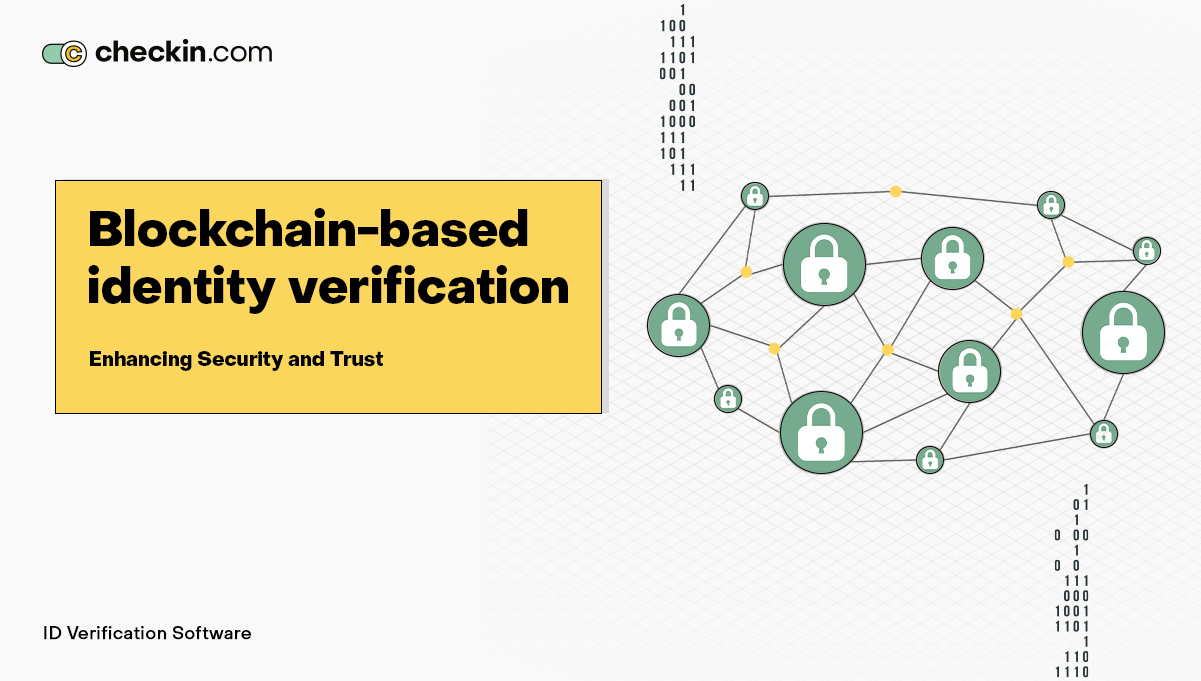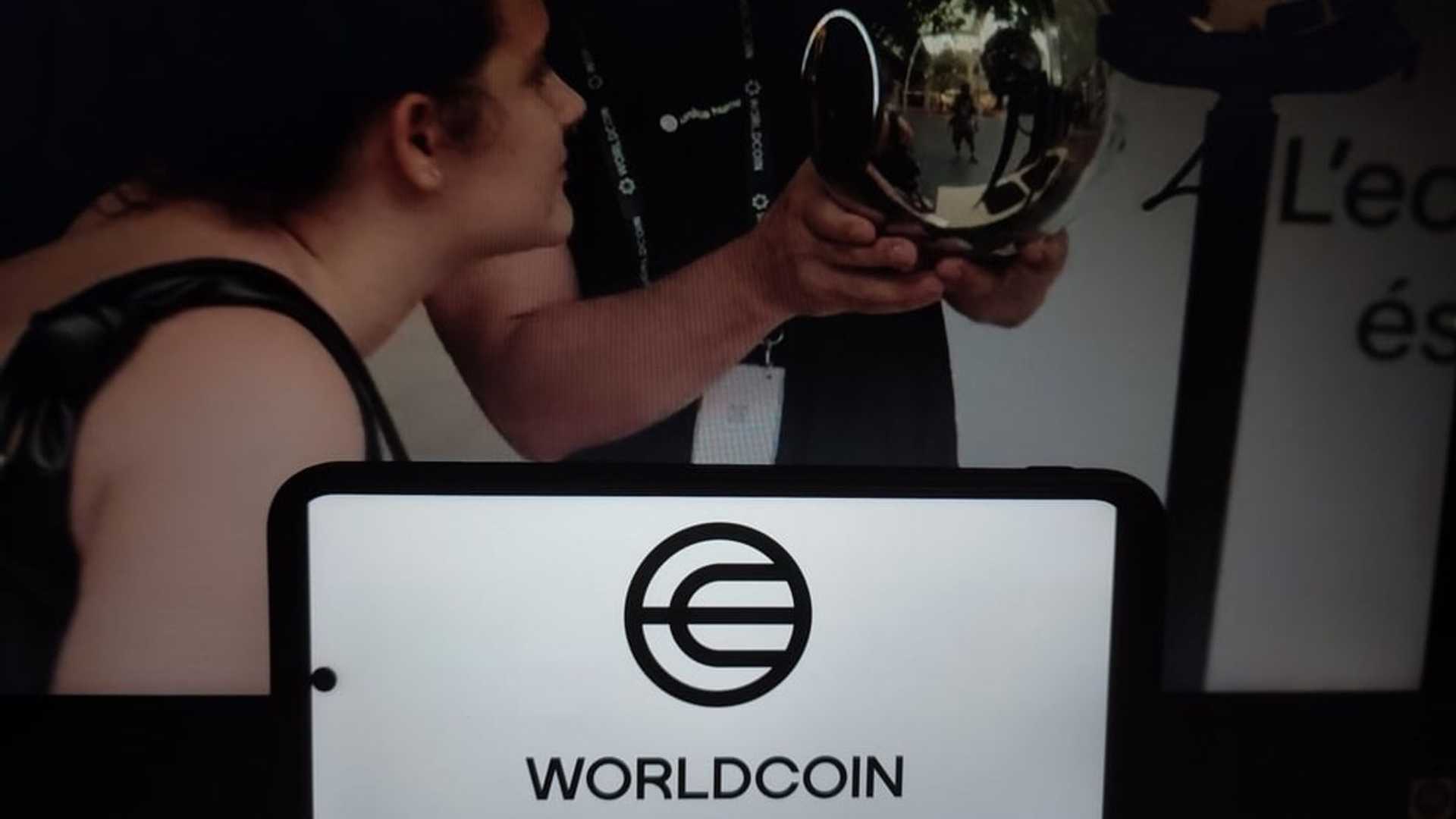Open AI's Biometric iris scanning called "The Orb" launches in six U.S. cities
In a bold move to combat the rise of AI-driven fraud, World ID, a project backed by OpenAI CEO Sam Altman, has launched its iris-scanning technology in six U.S. cities: Atlanta, Austin, Los Angeles, Miami, Nashville, and San Francisco. This innovative system, which uses a device called the Orb to verify human identity, aims to distinguish real people from AI bots in an increasingly digital world.
However, the technology’s arrival has sparked both excitement and concern, with privacy advocates raising red flags about the security of sensitive biometric data. At the heart of World ID is the Orb, a sleek, spherical scanner that captures a person’s unique iris pattern to generate an “IrisCode”.

Securing Identity with The Orb
According to Fox News, this code is stored on a blockchain-based platform, ensuring secure and anonymous identity verification without storing personal details. Once scanned, users receive a World ID, which can be used for authentication on platforms like Reddit, Telegram, and Shopify.
As an incentive, participants are rewarded with $40 worth of WLD cryptocurrency, which can be spent, exchanged, or shared with other World ID holders. The technology is designed to address the growing challenge of distinguishing humans from AI bots online. With the rise of sophisticated AI tools, verifying “proof of personhood” has become critical for secure online interactions.
Enhanced Security and Global Expansion
World ID’s blockchain integration promises enhanced security, allowing users to authenticate their identity across multiple platforms without compromising personal information. World ID’s U.S. rollout marks a significant step in its mission to create a global identity verification network.

The company plans to deploy 7,500 Orb devices across the U.S. by the end of 2025, targeting an ambitious 180 million users. Globally, the project has already scanned the irises of 12 million people, with its user base nearly doubling to 26 million in the past six months alone.
Partnerships with major companies like Visa, which will issue a World-branded debit card, and Match Group, testing World ID for age verification on Tinder in Japan, signal the project’s broader ambitions beyond cryptocurrency.
Privacy Concerns and Security Measures
Despite its promise, World ID has faced significant backlash over privacy concerns. Critics worry that storing biometric data, even in an anonymized form, creates a “honeypot” for potential surveillance or data breaches. Cybersecurity experts emphasize that biometric data, unlike passwords, is irreversible—once compromised, it cannot be changed.
Adrian Ludwig, Chief Information Security Officer at Tools for Humanity, likens the project’s security to avoiding the risks exposed in events like the Panama Papers leak, emphasizing that the decentralized storage of data makes it nearly impossible to reverse-engineer or misuse.
Addressing Privacy and Security

World ID’s developers argue that their system is designed with privacy in mind. The Orb does not store actual images of users’ eyes, and the IrisCode is cryptographically secured and split across multiple institutions to prevent centralized data vulnerabilities.
Still, the debate over biometric data storage remains heated. While World ID aims to make the internet safer and more trustworthy, many question whether the benefits of blockchain-based iris scanning outweigh the potential risks to personal privacy.
As one cybersecurity expert noted, linking unchangeable biometric data to a global identity system could have far-reaching implications if not handled with utmost care.




















